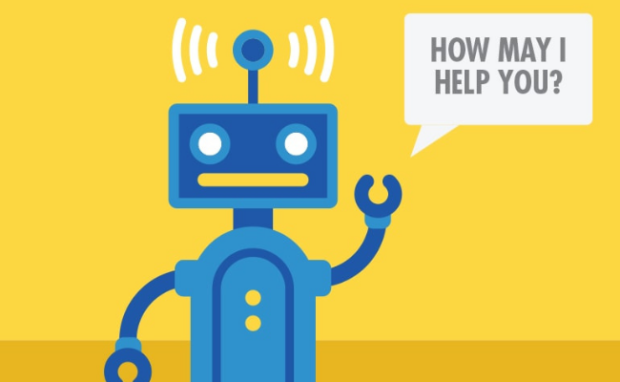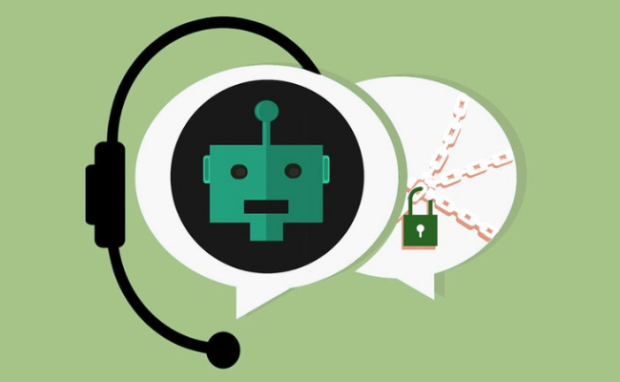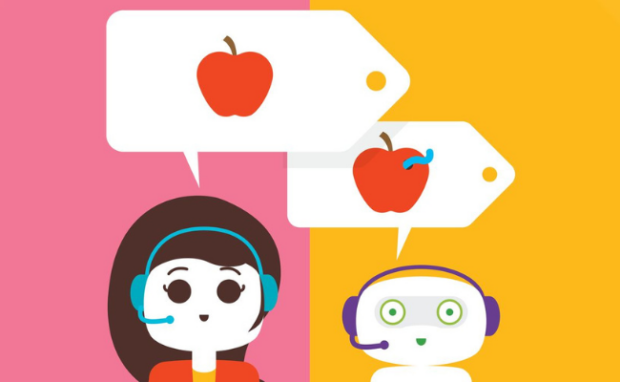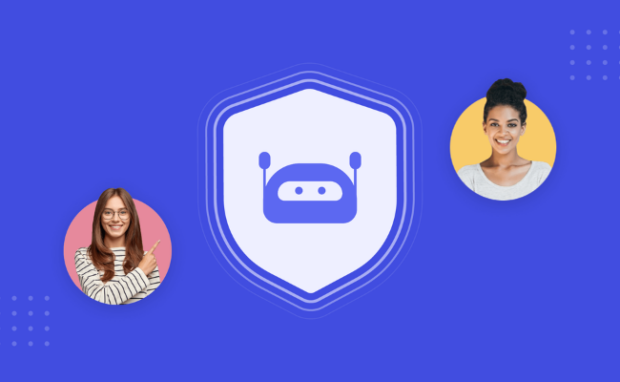Navigating the Ethical Minefield: AI and Chatbot Responsibilities
Chatbots have become essential to daily life, from booking flights to ordering food. They make our interactions with businesses more convenient and efficient. However, we must consider their ethical implications as they become more prevalent and sophisticated. Specifically, businesses must design and deploy their chat programs responsibly.
That means taking into account aspects like transparency, privacy, and bias. You must do the same if you are a business owner. Chatbots are standard for modern businesses, so you should know how to use them properly. Fortunately, this article will explore the tenets of chatbot ethics to help readers apply them.
We will also discuss chatbots’ potential benefits and risks for companies and customers. Whether you’re a business owner or a concerned consumer, it’s important to understand the ethical implications of chatbot technology. Join us as we navigate the ethical minefield of AI and chatbot responsibilities.
The 5 aspects of chatbot ethics
- Transparency
- Bias
- Privacy
- Accountability
- Human oversight
1. Transparency

Photo Credit: attorneyatwork.com
Modern chatbots are becoming so advanced that they closely mimic human speech. Some people may think they are speaking with an actual person, not a robot.
Nowadays, they represent companies whenever someone visits their homepages. If you do not notify people they are speaking to a chatbot, they will eventually think you’re misleading them.
As a result, you may turn away a potential customer and ruin your company image. Instead, you should follow the first tenet of chatbot ethics: transparency. Your chatbot should remind users are speaking to a computer program.
That sets proper expectations for your customer service bot. Consequently, people will exercise more patience if it has errors. That also makes it easier for human agents to take over if necessary.
2. Bias

Photo Credit: unifonic.com
Everyone has biases, and so do chatbots. After all, they use artificial intelligence trained by humans. Also, they use datasets from people who inevitably have biases.
Yet, AI developers should still minimize the discriminatory tendencies of artificial intelligence. That is becoming an important feature as global adoption of this technology grows.
You may also like: How To Optimize Chatbot Analytics
Chatbots should respect the cultures and beliefs of various countries to avoid promoting discrimination. Also, business owners should choose the programs that do so.
You may check reviews from past customers to confirm a chatbot’s biases. If you’re training a proprietary chat software, you bear the responsibility that AI devs have.
3. Privacy
AI bots usually collect sensitive user information, like their names, ages, and locations. That is why modern companies use them for marketing purposes. However, they must request permission first. If you use chatbots for your website, you should also explain how you will handle the data.

Photo Credit: adweek.com
For example, most chat apps inform online visitors they record conversations for documentation purposes. Asking permission fulfills two aspects of chatbot ethics: privacy and transparency.
Gathering data without their consent violates privacy. Some countries allow people to take legal action against groups secretly recording info with chat programs. If people realize you take their information without permission, you also break their trust. As a result, you may eventually lose customers.
4. Accountability

Photo Credit: wsj.com
Customers interact with chatbots like they are human agents. They trust these machines to perform tasks like placing orders or starting subscriptions.
Of course, even the most advanced chat software will make mistakes. Consequently, developers must design these programs with accountability in mind.
In other words, people should be able to hold these chatbots accountable for their actions and decisions. It should give customers ways to solve the problem if it fails.
You may also like: Mastering Chatbot Marketing Strategies
For example, a responsible chatbot lets you speak with an agent if you want to notify a live agent about an error. Nowadays, modern chat programs take it a step further with GPT-4.
It may discuss a problem with users to analyze a problem. Then, it may provide additional troubleshooting tips. If all else fails, a GPT bot may apologize and divert the call to a customer service representative.
5. Human oversight
Did you notice how I assume chatbots should divert to human representatives when necessary? I was alluding to the last tenet of chatbot analytics: human oversight.
Artificial intelligence is a tool meant to supplement human work, not replace it. Businesses must adapt to the latest technologies as soon as possible but still need human employees.
You may also like: The Chatbot Developer’s Toolkit

Photo Credit: verloop.io
Chatbots perform routine processes like hotel booking or food orders and answer FAQs. Consequently, human agents can focus on more serious customer concerns.
Relying solely on chat programs can become counterintuitive for your business. Chatbots can improve customer service. However, they may only save customer satisfaction if human agents are ready to handle potential errors.
Conclusion
More businesses are using chatbots to interact with customers. That is why chatbot ethics is more important to ensure these programs represent your company properly.
Remember ethical standards like privacy, non-discrimination, and transparency when using chatbots for your company. Consequently, you can give the best customer service with the latest technologies.
Keeping yourself updated with the latest digital tips and trends is essential as technology evolves. Follow Inquirer Tech to stay ahead in the game.
Frequently asked questions about chatbot ethics
Why is chatbot ethics important?
Modern chatbots interact with users by emulating human conversations. In turn, their widespread use raises ethical concerns. Everyone must follow chatbot ethics to ensure these machines function in a reliable, responsible, and respectful way to users.
How do you ensure chatbots are ethical?
Repeatedly test your bot on various users to ensure it follows ethical standards. Let various people use it to confirm problematic biases. Then, you must adjust your chatbot to avoid discrimination. Moreover, you must disclose to users how your bot makes decisions.
How do I avoid unethical chatbots?
Avoid malicious bots by understanding their risks and limitations. Only share data if they explain how they will handle your data. If you have a problem with a chatbot, report it to the authorities. More importantly, only use chatbots from reputable sources.